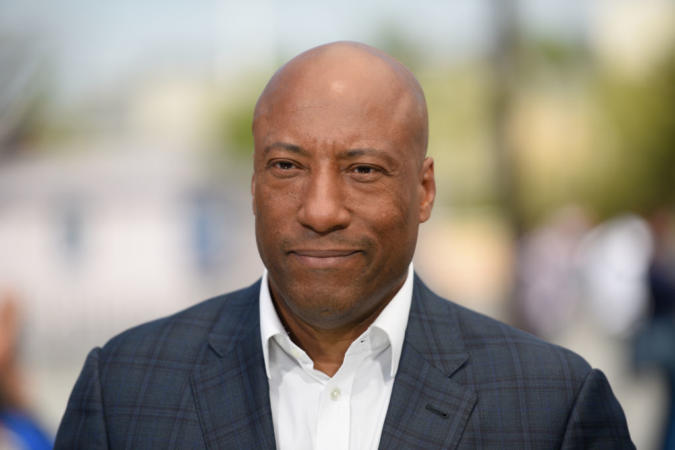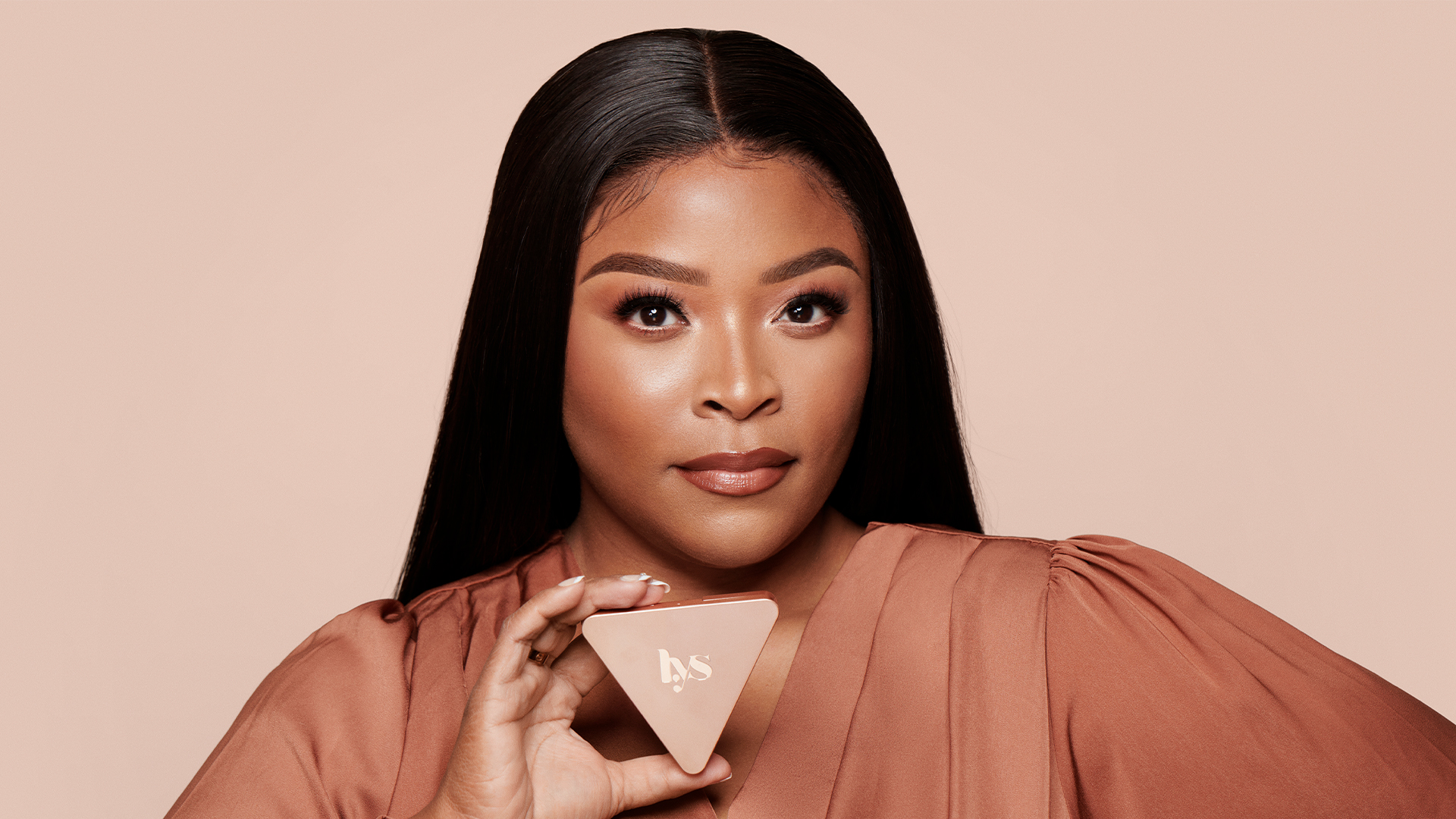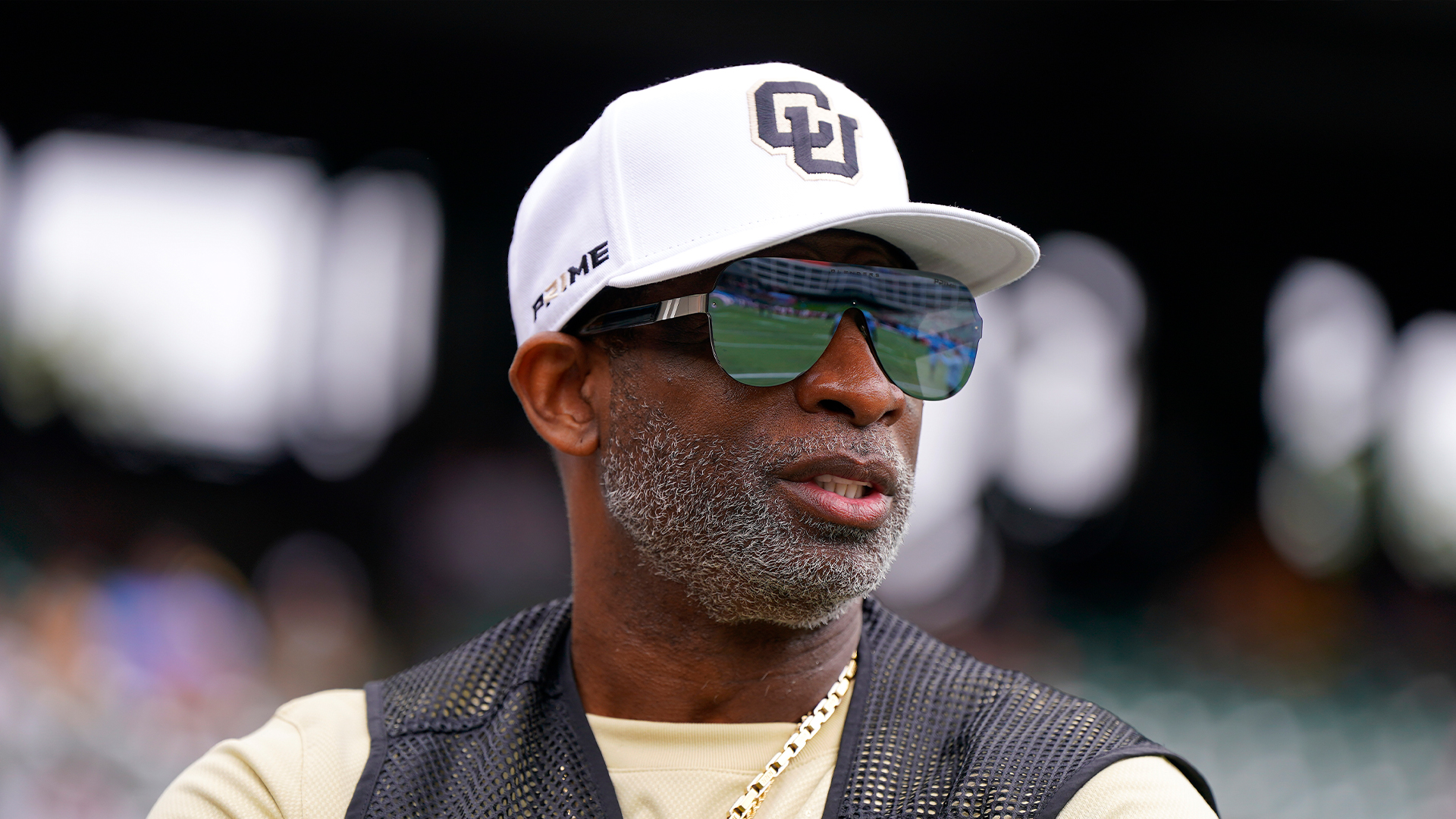The fight continues for Byron Allen’s lawsuit against media and communications giant, Comcast. On Monday, the Supreme Court dismissed a lower court case that would allow Allen to advance one step further in his $20 billion racial bias lawsuit against the media company, The New York Times reports.
Allen, a former comedian turned businessman and entertainment media mogul filed a lawsuit against Comcast in 2015, after the company refused to carry any channels controlled by Allen’s Entertainment Studios. The grounds of Allen’s suit are based on the Civil Rights Act of 1866, a law that prohibits racial discrimination in business contracts.
Despite the legitimacy behind Allen’s claims the nine justices unanimously threw out the ruling. As a result, the case was handed back over to the San Francisco-based Ninth U.S. Circuit Court of Appeal to make the decision on whether Allen’s claims that Comcast’s refusal to carry Entertainment Studios’ channels was solely based on him being Black.
The justices believe that the Ninth U.S. Circuit Court messed up in assessing Allen’s case and would like them to reconsider.
“To prevail, a plaintiff must initially plead and ultimately prove that, but for race, it would not have suffered,” wrote the Trump-appointed Justice Neil Gorsuch.
The Philadelphia Inquirer reported that Allen claims a Comcast executive told an individual at Entertainment Studios that “We’re not trying to create any more Bob Johnsons.”
Comcast argues that its denial to carry Allen’s channels were not based on race, but instead consumer demand and capacity restraints. Sena Fitzmaurice, a Comcast spokeswoman, expressed her contentment with her company’s diversity.
“We are proud of our record on diversity and will not rest on this record,” Fitzmaurice said.
However, Allen is not pleased and has plans to continue his fight against Comcast.
“This is a very bad day for our country,” Allen said in a statement. “We will continue our fight by going to Congress and the presidential candidates to revise the statute to overcome this decision by the United States Supreme Court.”
Allen also sued Charter Communications in 2016 on the grounds of racial discrimination and it is feared that the outcome will be similar to Monday’s ruling.
















